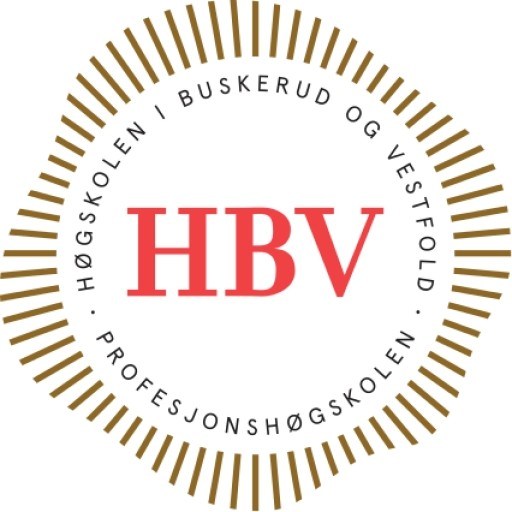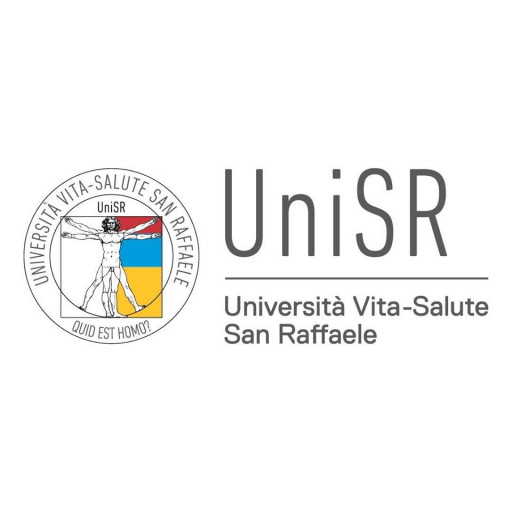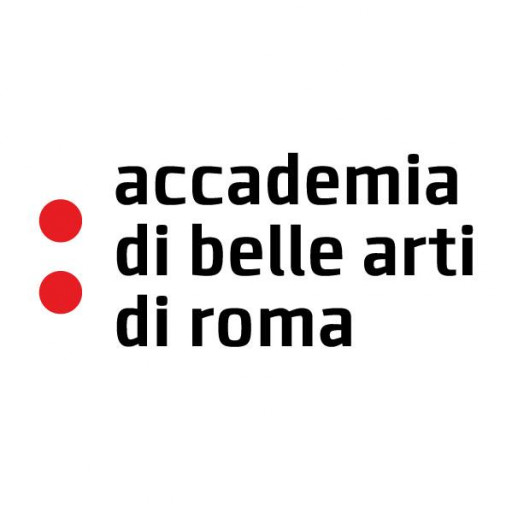Photos of university / #uniofyork
The BSc in Music Technology at the University of York offers students a comprehensive education in the principles and practices of modern music production, recording, and digital audio engineering. Designed to equip students with both theoretical knowledge and practical skills, the programme covers a wide range of topics including sound design, audio signal processing, music programming, acoustics, and the use of industry-standard software and hardware. Students have the opportunity to engage in hands-on projects, working with professional equipment and software to develop their abilities in recording, editing, mixing, and mastering music across various genres. The curriculum is built around a strong foundation in music theory and analysis, combined with innovative technological applications to foster creativity and technical proficiency. Throughout the course, students are encouraged to explore interdisciplinary approaches, integrating elements from computer science, engineering, and the arts to push boundaries in musical innovation. The programme also emphasises the importance of understanding the cultural and social contexts of music production, preparing graduates for careers in music technology, recording studios, broadcasting, live sound engineering, and music software development. With access to state-of-the-art facilities and dedicated technical support, students can experiment and refine their craft in a professional environment. The course is ideal for aspiring musicians, sound engineers, and technology enthusiasts who wish to develop their skills in a vibrant academic community. Graduates of the BSc in Music Technology will be well-prepared to enter the competitive industry or pursue further research, equipped with a solid foundation in both the artistic and technical aspects of modern music production.
The BSc in Music Technology at the University of York offers students a comprehensive and innovative curriculum designed to equip them with the essential skills and knowledge required to excel in the rapidly evolving field of audio and music production. This programme combines theoretical understanding with practical application, providing a well-rounded education that covers a wide spectrum of topics including sound engineering, audio synthesis, digital signal processing, acoustics, and music production techniques. Students will explore the fundamental principles of sound and music, gaining insights into how audio is captured, manipulated, and reproduced across various platforms.
Throughout the course, students engage in hands-on projects using state-of-the-art recording studios and digital audio workstations, enabling them to develop proficient technical skills in recording, mixing, and mastering music and sound. The programme emphasizes experimental and creative approaches, encouraging students to innovate with new technologies and sound design methodologies. In addition to technical skills, students also acquire a strong understanding of the cultural and theoretical aspects of music and sound, fostering critical thinking and analytical skills essential for careers in music technology, audio consultancy, live sound engineering, and multimedia production.
The programme also explores emerging trends such as immersive audio, virtual reality, and interactive media, preparing students for future developments in the industry. Collaboration with industry partners, participation in workshops, and internship opportunities provide practical experience and professional networking opportunities. Graduates will be well-prepared for diverse careers in the music industry, media production, broadcasting, and multimedia entertainment sectors. The University of York’s Music Technology programme is designed to inspire innovation, creativity, and technical excellence, making it an ideal choice for students passionate about the intersection of music, sound, and technology.
Program requirements for the BSc Music Technology at the University of York typically include the following: applicants should have a strong academic background in subjects such as music, technology, mathematics, or related fields. A typical offer might be AAA to AAB at A-level or equivalent qualifications, including a relevant subject. For international students, equivalent qualifications are accepted, and proficiency in English must be demonstrated through tests like IELTS with a typical overall score of 6.0 or higher, including a minimum of 5.5 in each component.
Applicants are expected to showcase an enthusiastic interest in music and technology, as well as some prior experience with music production, sound engineering, or related areas, although specific prior knowledge is not always mandatory. A personal statement should demonstrate motivation and suitable interest in the integration of music and technology, along with relevant extracurricular activities or projects.
The programme values computational skills and may require basic familiarity with digital audio workstations (DAWs), programming languages such as Max/MSP or Pure Data, or other relevant software. While the core focus is on combining practical skills with theoretical knowledge, prospective students should be prepared to engage in projects that involve music composition, sound design, research, and the application of technology in musical contexts.
Additionally, for some applicants, a portfolio or samples of work related to music, sound, or technology might strengthen their application, but such components are not always a strict requirement. The university encourages diversity in applicants’ backgrounds and assesses each application holistically, considering academic achievements, statement of interest, references, and relevant experience.
Candidates may also be asked to attend an interview or undertake an audition or skills assessment as part of the selection process, depending on specific circumstances. The programme aims to develop students' expertise in areas such as live sound, music production, digital signal processing, acoustics, and interactive multimedia. Overall, prospective students should demonstrate both academic capability and genuine enthusiasm for exploring the convergence of technology and music to succeed in this programme.
Financing studies for the Music Technology program at the University of York encompass a comprehensive range of options designed to support students throughout their academic journey. The university offers a variety of funding opportunities, including government-funded grants, scholarships, bursaries, and student loans, to assist both domestic and international students. For UK students, eligibility for student loans is provided through the Student Loans Company, covering tuition fees and living expenses, with repayment plans starting after graduation based on income levels. International students are encouraged to explore external funding sources, as well as any available university scholarships specifically designated for international entrants. The University of York offers a range of merit-based scholarships for outstanding applicants, which can significantly reduce financial burdens. Additionally, students are advised to consider external funding bodies, research grants, and potential employer sponsorships, especially for those combining practical components or industry placements. Part-time work opportunities are available on campus and in the local area, providing students with additional financial support while gaining valuable experience. The university’s dedicated financial support service offers guidance on application procedures, eligibility criteria, and deadlines for various funding schemes. Furthermore, students are encouraged to apply early, as funding opportunities are highly competitive, and securing financial aid can be critical to accessing the full benefits of the program. Overall, the university strives to make Music Technology studies accessible through a diverse array of financial aid options, ensuring students can focus on their academic and professional development without undue financial stress.
Music Technology at the University of York offers a comprehensive and innovative program designed to equip students with a broad range of skills in the areas of sound, music production, digital audio, and multimedia technology. The program combines theoretical understanding with practical application, allowing students to explore the scientific, technological, and artistic aspects of music technology. Students gain expertise in digital audio signal processing, music synthesis, and computer-based music production, along with understanding the principles of acoustics and psychoacoustics. The curriculum includes modules in music programming, sound engineering, electronic music composition, and the use of industry-standard software and hardware tools. The program is suitable for individuals interested in pursuing careers in music production, sound design, multimedia development, or audio engineering. Students also have access to state-of-the-art facilities, including recording studios, computer labs with advanced audio workstations, and dedicated sound analysis equipment. Throughout their studies, students are encouraged to engage in collaborative projects, research activities, and performances, fostering creativity and technical innovation. The interdisciplinary nature of the program allows students to work alongside students from music, computer science, and engineering disciplines, promoting a diverse learning environment. Additionally, the program prepares students for the evolving digital music landscape, emphasizing skills relevant to the entertainment industry, broadcasting, game development, and virtual reality. Graduates leave equipped with a strong portfolio, practical experience, and theoretical knowledge, enabling them to contribute effectively to various fields connected to music and audio technology. The course's structure provides opportunities for work placements and industry engagement, ensuring students are well-prepared for employment upon graduation. Overall, the Music Technology program at the University of York is designed to foster innovation, technical proficiency, and artistic vision, making it a compelling choice for prospective students interested in the intersection of music and technology.









